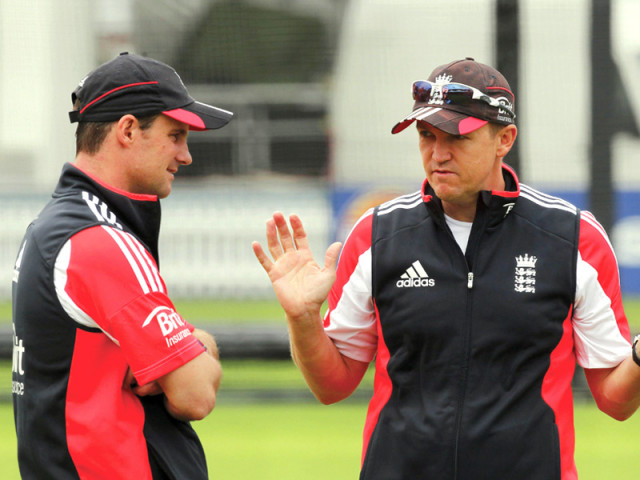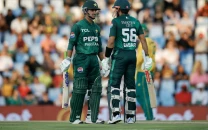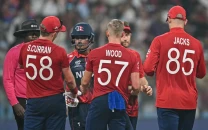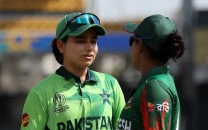Flower, the man behind England’s blossom
Appointed as assistant coach during the short-lived Moores tenure, he took the senior position on an interim basis.

His speaking volume is unusually soft, pianissimo even. It reflects, perhaps, the quiet dedication he applies to his role: he’s so devoted to his job that he’s a virtual workaholic. His planning involves meticulous attention to detail and is content to drift into the background, letting the players bask in the success he brings them.
One of the stand-out differences between England and India during the 4-0 Test series hammering was the seriousness with which England conducted their morning drills. By stark contrast, Indians barely bothered.
It is no easy thing to get a group of highly-paid cricketers, some with big egos, to eagerly take part in fielding practice. Flower managed it with the same professionalism with which he has overseen the development of the individual players in his care.
Stuart Broad, formerly a hit-the-deck-hard bowler, has performed the metamorphosis into a more nuanced operator who has reaped the value of locating a fuller length. Alastair Cook turned up in Australia with the opposition reckoning they simply had to bowl full outside off. But Cook had nailed his cover-drive in the nets and the Aussies were rendered impotent.
Flower would be happy to let bowling coach David Saker take credit for Broad’s improvement and would be thrilled if Graham Gooch, the batting coach, was the man most closely linked to Cook’s extended range of stroke-play.
And yet, by creating an environment in which players gel so well with the backroom staff, it is Flower who has proved himself England’s most important asset.
Flower has not yet cracked One-Day Internationals, a format in which England remain inconsistent. The selectors, of whom Flower is one, are determined to find a way for three Test regulars who are not natural aggressors – Cook, Jonathan Trott and Ian Bell – to bat alongside each other. The results so far are unconvincing but there are four years to go until the next World Cup.
World number one status in Tests and the 2010 World Twenty20 are two terrifically tangible achievements. That twin success is remarkable considering how muted the reception was when Flower was appointed in April 2009.
Initially appointed as an assistant coach during the short-lived Peter Moores tenure, he took the senior position on an interim basis.
Following the tour of the Caribbean, the England and Wales Cricket Board employed a head-hunting firm to help them find someone permanent, but it was Flower who ended up with the job despite limited coaching experience. The appointment proved an inspired one. Truly, the head-hunters who came up with Flower have more than justified their fee.
The writer is a former BBC Sport cricket writer and is now involved with The Sport Collective.
Published in The Express Tribune, September 11th, 2011.



















COMMENTS
Comments are moderated and generally will be posted if they are on-topic and not abusive.
For more information, please see our Comments FAQ